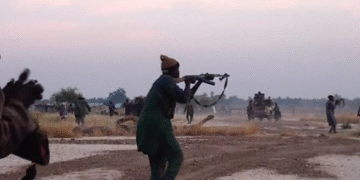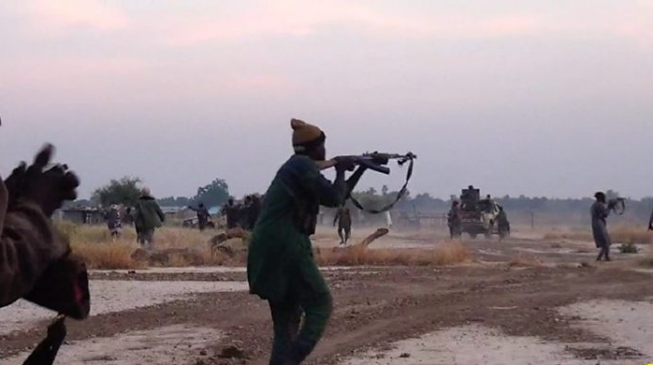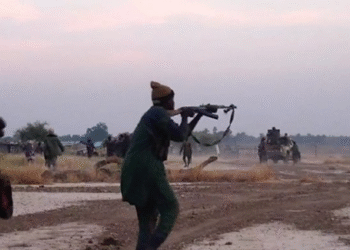At least 23 farmers and fishermen were killed, and 18 others abducted, following a deadly assault by Islamic State West Africa Province (ISWAP) militants in Malam Karanti, a village near Baga in Kukawa Local Government Area of Borno State.
The attack occurred on Thursday in the remote village, located approximately five kilometers from Baga. According to local sources, ISWAP fighters gathered residents, primarily bean farmers and executed them. An elderly man was reportedly spared and later raised the alarm in the surrounding community.
“Most of the victims were bean farmers,” a resident said. “The terrorists assembled them and opened fire.”
Efforts to recover the victims’ bodies were thwarted when the terrorists launched a second attack, forcing residents and security forces to withdraw.
Malam Karanti, although an ISWAP stronghold, remains a livelihood zone for many civilians who continue to farm and fish there despite the risks.
Responding to the escalating violence, Nigeria’s Chief of Defence Staff, General Christopher Musa, during a visit to the region on Thursday, assured residents that the military is intensifying operations to dismantle terrorist enclaves across the North-East.
General Musa said the military is collaborating with international allies, including Russia and France, to acquire advanced weaponry aimed at accelerating the end of the conflict. He also emphasized the strategic importance of recharging Lake Chad to improve troop mobility and disrupt ISWAP’s access to the economic resources of the Chad Basin.
On Friday, following a closed-door meeting with President Bola Tinubu and other defence chiefs at the Presidential Villa, General Musa reaffirmed the military’s commitment to curbing the recent wave of insecurity across the country.
“The President has directed us to intensify efforts and strengthen regional cooperation to address cross-border threats,” General Musa told State House correspondents. “Additional equipment and air assets have been procured, and both kinetic and non-kinetic strategies are being deployed.”
He added that discussions are ongoing with state governors to ensure improved governance and community development, which are crucial to tackling the root causes of insecurity.








































